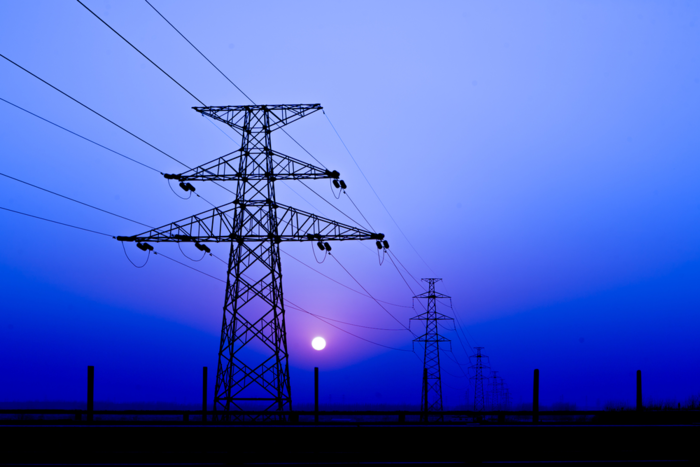The Supreme Court has been locked in verbal arguments regarding whether or not the Federal Energy Regulatory Commission (or FERC) has the jurisdictional authority to move forward in issuing Order 745. This proposed order would allow demand response to be federally regulated as a tool for the wholesale bulk power industry. So what is demand response, exactly, and why should you be concerned with whether or not it is federally regulated? Read on to learn more about this hot topic.
Demand Response
Demand response is a method which is used to curtail customer energy usage under specific, broader system conditions such as surges in peak demand that might otherwise threaten grid stability. These intervals are generally brief and only occur during a defined maximum amount of times each year. In addition, those customers who participate in demand response programs receive compensation. The program will generally be in direct interaction with the wholesale market, thus requiring customers to reduce their energy usage by a previously agreed amount if, and when, they are directed to do so. This allows the supply and demand of electricity to be kept in balance.
- Demand response matters because:
- It is able to reduce short-term energy costs.
- It is more environmentally responsible.
- It can decrease the requirement for further investments in the generation, transmission, and distribution of electricity.
Federal Regulation of Demand Response
The FERC has the responsibility of regulating wholesale electricity markets. The commission actually first issued Order 745 back in 2011 and, at that time, the order consisted of rules which were to govern the ways in which demand response would be compensated within wholesale electricity markets. These rules were ultimately seen as encouraging to and supportive of more demand response resources from competitors. It’s not surprising, then, that incumbents in this space were none too pleased, and sued FERC for the order, claiming that demand response is a retail sale and, therefore, is not subject to FERC’s jurisdiction. This argument persisted for years until an appellate court sided with the incumbents last year. The result was that the future of Order 745 was threatened and has now been brought before the Supreme Court to be argued even further.
It’s a heated topic, to be certain. The opinions of the Justices are largely torn, creating some uncertainty in the long-term outcome and the fate of Order 745 and demand response. Regardless of any decisions made, though, the economic and environmental benefits of demand response make it far more desirable to operate a power system that incorporates this tool rather than one that does not. Enabling it to compete against generation should be viewed as a positive market innovation as we make strides in building a truly sustainable electricity system.
Fortunately, the potential death of Order 745 doesn’t mean that all is lost. Instead, demand flexibility will take over as a valuable grid capability. Flexibility makes use of retail grid price signals as an incentive to customers to shift any flexible electricity loads for desirable outcomes to both user and power source. Should Order 745 go down, there will be a serious opportunity for harnessing demand-side solutions as a way to reduce grid peaks. On the other hand, should the order be upheld, demand flexibility will be able to reside as a secondary tool, which can further shave dollar signs off of forecast grid investment.
Looking Ahead
The arguments surrounding Order 745 could be indicative of things to come. Perhaps solar, smart thermostats, electric cars, and other new sources will create further issues with making the distinction between which markets are considered to be federally regulated wholesale vs state regulated retail. We could see many more debates on matters like these down the line.
The professionals at NuEnergen are always at the forefront of demand response and what it means to the future of business and energy usage. If you’d like to learn more about Order 745 or other energy concerns, contact us today.

